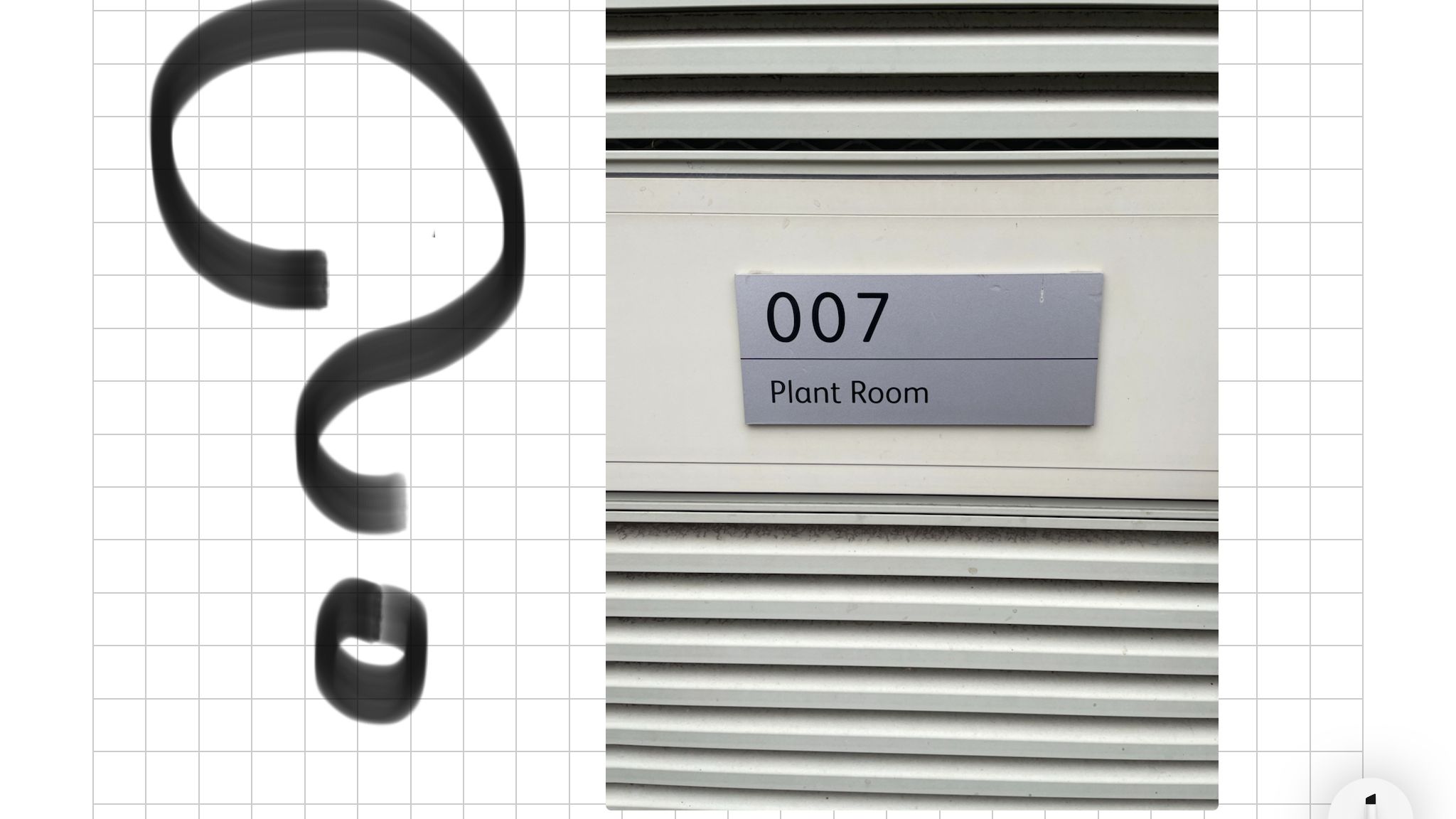
Lia Blaj-Ward: Harnessing the value of mentoring in cross-functional settings
Feb 28, 2023
Learning from mentors with cross-functional expertise
Learning is at the core of my identity as an academic. I value, I facilitate and I engage in learning on a day-to-day basis. In the early stages of my career, I looked to academic books and colleagues for my own learning and professional growth. Gradually, however, I have come to appreciate how much richer learning becomes when it crosses functional boundaries in a university. I use ‘cross-functional’ here to refer mainly to crossing the academic / professional services divide but am aware that recently some roles have evolved in ways that blur this perceived boundary.
The role of a mentor is to focus and intensify someone’s learning. They are usually a more senior and more experienced colleague, who helps the mentee unpack expectations associated with a role and navigate the culture in a specific academic or professional services area in a university. Usually, but not always. A mentor from a different functional area can offer equally valuable perspective.
To illustrate how cross-functional learning encounters add value and perspective, a conversation with a colleague in a different functional area comes to mind. My colleague used the phrase ‘plant room’, which caused slight confusion and embarrassment on my part initially but was a valuable reminder of the need to attend sensitively to different ways of looking at the world. For me, ‘plant room’ conjured up an image of a light and airy structure, enclosed but connecting indoors and outdoors, and full of beautiful foliage. My interpretation was somewhat off the mark … ‘plant room’ was being used with reference to building services. What I took away from that conversation was the way in which I was provided with clarity. Something I bear in mind when I look for a mentor these days: their potential to challenge me – sensitively, thoughtfully and constructively – to develop a different perspective takes priority over their specific background and academic credentials.
Cross-functional teams have substantial potential for valuable learning through mentoring
Both within and outside universities we are having to re-learn things that we knew before but that may have become unfamiliar; to un-learn ways of working that no longer lead to relevant outcomes; and to develop different ways of learning that acknowledge more fully how the world is changing. The pandemic has re-surfaced and amplified the need to work in cross-disciplinary, cross-functional teams. In notebooks where I gather my learning, carefully referenced quotes and notes from academic books sit alongside ideas I pick up from a variety of colleagues in a variety of roles, from serendipitous conversations and from interaction in online courses about cultivating creative collaboration.
Mentoring usually happens in one-to-one relationships, where trust and rapport are gradually built, where conversations remain private and confidential, and where expertise lies mainly with the mentor. Usually but not always. Mentoring may occur, in a formally organised or in-the-moment way, in teams. Expertise in cross-functional teams is distributed across members. Teams can become a learning eco-system or professional greenhouse, with each team member adding value through their specialism. Learning is public and shared in those contexts. Careful scaffolding and appreciation of others’ ideas and knowledge builds confidence to have learning conversations that may feel uncomfortable at first but have the potential to lead to valuable outcomes.
A conclusion (but not the end)
Cross-functional mentoring – individually or in teams – builds capacity to learn and innovate in an organisation. It helps both mentees and mentors develop a more holistic understanding of how various areas and services interconnect. It is a way to find allies, build networks and influence the direction of travel of an organisation. It creates a stronger sense of shared purpose and responsibility. It allows the two meanings of ‘plant room’ to converge: a light airy space where plants thrive and the space from where vital building services are supplied.
Practical guidance on initiating sustainable cross-functional mentoring relationships in a digital-first environment
Access to digital environments and communities where one can learn through mentoring – formal or informal, individual or in teams – has grown exponentially. While there is no perfect formula for mentoring in this space, the guidance below has been tried and tested and is intended to support mentees initiate and sustain impactful cross-functional learning relationships.
- Being clear about what and how the mentee hopes to learn will give them a better chance to find a mentor with relevant experience and expertise.
- The online profiles of potential mentors (either via a mentoring platform or via standard social media) will not necessarily contain sufficient detail, however tailored they are to mentoring activities. Approaching potential mentors directly with a brief description of a learning goal and an example of a piece of work that speaks to the mentee’s professional core offers a good basis on which to build a relationship (or perhaps decide not to pursue one, if not enough shared interest exists, and avoid unnecessary disappointment).
- Virtual group workshops which invite participants to co-create solutions to a given challenge enable potential mentees to meet potential mentors and familiarise themselves with each other’s approach and expectations.
- Online communities which not only showcase potential mentors but also offer guidance on the mentoring process are a good place to start looking for a mentor.
- A mentor matching service with detailed guidance on expectations for mentors and mentees, direct introductions or recommendations will help to a certain extent, but will not replace the work that makes a learning relationship succeed.
Lia Blaj-Ward (PhD, SFHEA) is Associate Professor (Teaching and Scholarship) at Nottingham Trent University and Chair (2022-2025) of the BALEAP Course Accreditation Scheme. Lia facilitates and writes about collaborative learning and development experiences for students and colleagues.
Connect with Lia:

